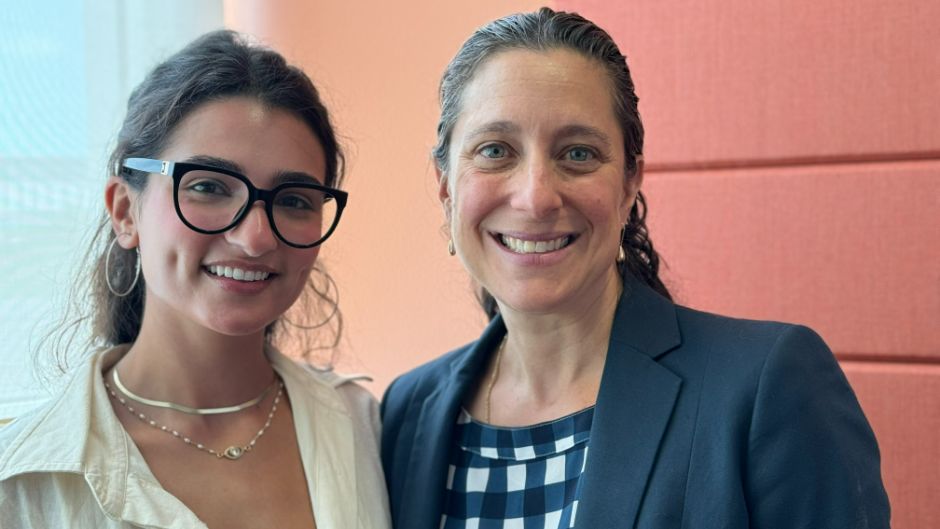In April, the U.S. Department of Health and Human Services issued guidelines to hospitals and medical schools to address the practice of performing intimate exams, like pelvic exams, without the expressed written consent of the patient.
A New York Times investigation found the practice was widespread, often on women under anesthesia, and frequently used as a training exercise even though often medically unnecessary. Hospitals not adhering to the new rules risk losing their participation in Medicare and Medicaid programs.
The guidelines grew from an initiative begun by Professor Caroline Bettinger-López while she was on leave while serving as a senior advisor on Gender and Equality at the U.S. Department of Justice. She was integral to the 2023 Gender Policy Council that released the National Plan to End Gender-Based Violence: Strategies for Action. It was the first-ever national plan to advance an unprecedented and comprehensive approach to preventing and addressing sexual violence, intimate partner violence, stalking, and other forms of gender-based violence.
Bettinger-López, also founder and director of the Human Rights Clinic, provided guidance for an externship with DOJ with 2L Nicole Azarian, who was concurrently interning in the Human Rights Clinic, and partnering with the Department of Justice's Office for Victims of Crime and another law student at Duke Law School, Catherine Gorey.
"Nicole and Catherine took a deep dive into researching this issue, culminating in a detailed memo and a presentation to a group of interested parties within the federal government," said Bettinger-López. "And remarkably quickly for government processes, the Department of Human Services, through the Centers for Medicare & Medicaid Services, issued a new guidance on the issue, mandating explicit informed consent from patients for intimate examinations, aiming to ensure that patients maintain their right to bodily autonomy."
The Human Rights Clinic, part of Miami Law's Human Rights Program, promotes social and economic justice globally and in the U.S. Students gain firsthand experience in cutting-edge human rights litigation and advocacy at the local, national, regional, and international levels.
The clinic, one of nine, is just a part of Miami Law's experiential learning offerings, central to the School of Law's mission to prepare students for modern legal practice.
“One of the reasons that I chose Miami Law is for its experiential learning opportunities," said Azarian. "During my 2L year, I will have the opportunity to compete in the International Criminal Court in The Hague with the International Moot Court Program, have worked as an intern with the Human Rights Clinic, and was able to do an externship with the Department of Justice’s Office for Victims of Crime. My law school dreams have come true!
"Seeing the research I conducted with Catherine Gorey of Duke University School of Law and Caroline Bettinger-López, whom I met through Miami’s Human Rights Clinic, make a real difference within federal government has been an unbelievably rewarding and inspiring learning experience,” she said.
Read more about Miami Law's clinics.

